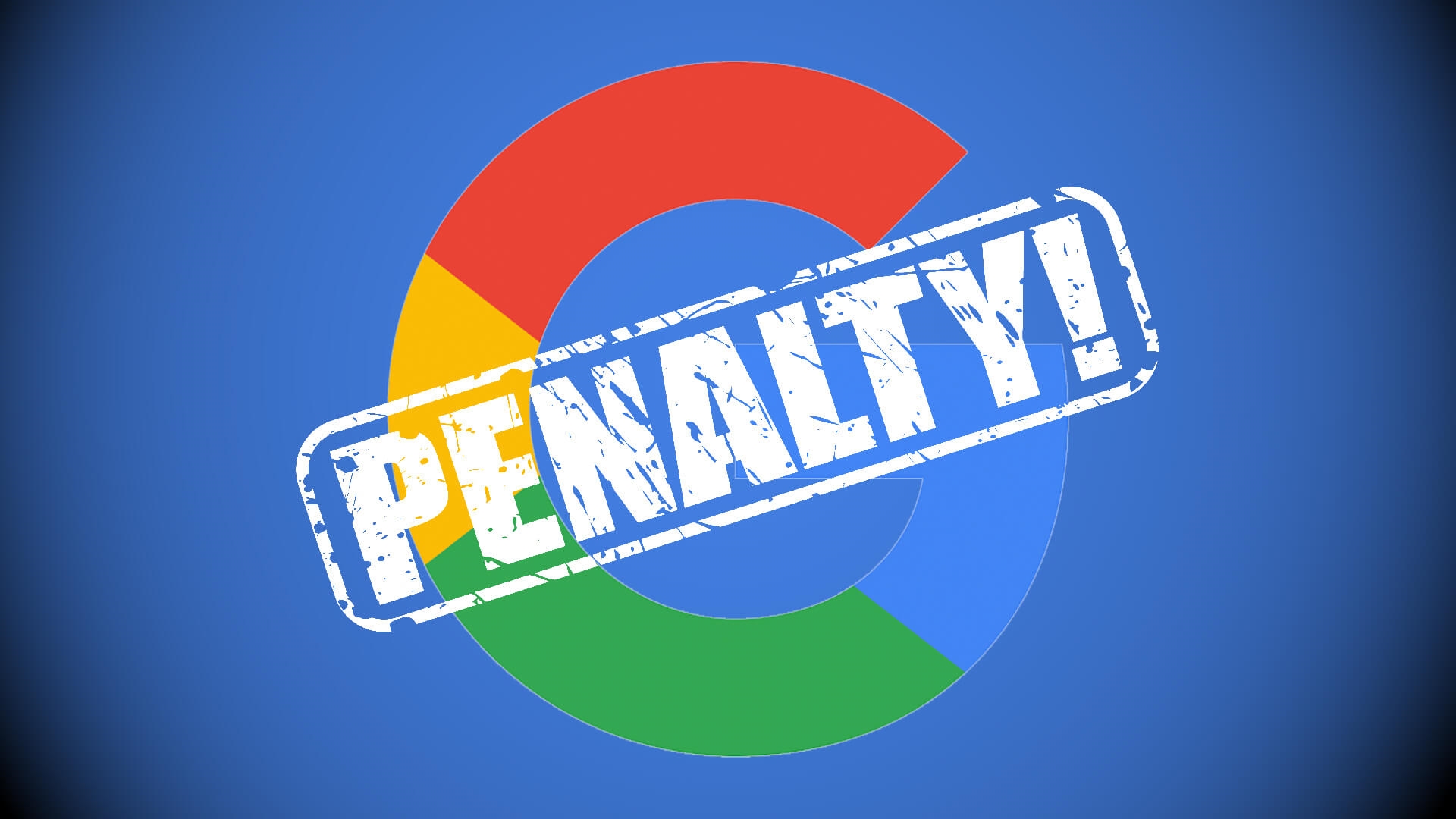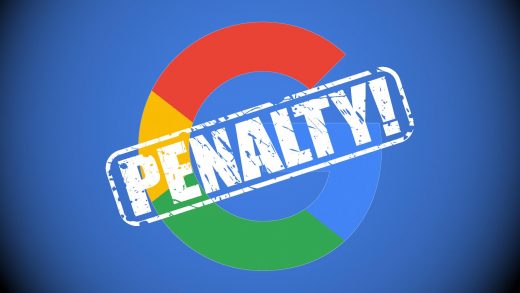How To Avoid Google Penalties
How To Avoid Google Penalties
by Michael Hakob , Op-Ed Contributor, December 13, 2017
No matter what you’re looking for, Google has it catalogued and ranked in its search engine. It’s not the only search engine in town, but it is the biggest player by far.
To those who have experienced Google’s wrath, the effects of being penalized by Google are devastating personally and for the pocketbook. Google’s delisting of your site can break once-thriving businesses by cutting the flow of traffic short.
Google has the ultimate decision making power about which sites are indexed in its search engine. Generally, it chooses sites that are relevant and focused on providing excellent information to its potential visitors. But if the rules are broken, you can be removed or pushed far down in the rankings. Both the search algorithm and manual checkers examine sites across the web to ensure that they are not only readable by humans, but relevant to the user’s search.

Here are some strategies to stay out of Google’s penalty radar.
For starters, stay away from discount link building
In the not-too-distant past, it was the Wild West when it came to building link profiles. As long as there were backlinks, the search engines were happy. During those times, the shadier link builders would put their clients’ links everywhere they could and it wouldn’t matter where they landed. They built large link farms that were only used for backlink creation. Well, Google wised up. It stopped looking at the quantity of links that were pointing to a site and began looking at the quality of the links that were pointing to a site.
While this should have been a signal to give up their link-spamming ways, the shadier link builders kept doing what they were doing and posting their links from sites with no relevance. When they get caught, Google notes it and punishes the site. Discount link builders trick businesses into buying tons of backlinks and then disappear before the penalty hits.
If you hire someone to help you build backlinks, ask how they will do it and how they will confirm the quality of the sites they link.
2. Avoid irrelevance
Going back to the criticism in the first point, the links that these discount folks sold were largely useless. Think about plumbing sites linking to video game sites (that’s only relevant when you’re talking about Mario Brothers, and even then the connection is tenuous), SEO sites connecting to sites about birds (unless we’re talking about Google Penguin), and more. When Google began to focus on where those links were coming from, many sites were caught in the backlash.
Even if an SEO company promises to connect to quality sites, the sites still need to have relevance to your site. Too many links to non-relevant sites can get your dinged even if the sites have decent quality.
3. Stuffing is for Turkeys
The algorithms that Google uses are smart, and they’re getting smarter all the time. They are wise to keyword stuffing, or putting the same keywords into the text to overwork the point of relevance. It’s unnecessary these days, but more to the point, this type of behavior will get your site thrown off of Google.
4. Avoid Fake Social Signals
Social signals include likes, shares, and reposting from Facebook, Twitter, and LinkedIn. Like the fake backlink profiles that you can purchase, you’re also able to purchase likes, shares, and comments from people who are not real. These vendors are ones that you want to turn away from because Google penalizes those who take the easy route. Google is interested in natural link building only.
5. Say no to Interstitial Pages on your Mobile Site
When people click on your search results they want to go right to your site and not to an interim page first. This is called an interstitial page. These pages, quite often, are merely advertisements for the target destination — making them both useless and aggravating for the person who has to see them. Google penalizes those who practice this with removal from their search engines.
People on mobile phones are even more concerned about getting to where they want to quickly because they don’t want to be saddled with the extra data charges for the interstitial page. Google is very interested in keeping people happy, so avoid using interstitial pages on your mobile sites.
6. Look!
There are some companies that go out of their way to make it hard for their competition. One of these practices is to create spammy link profiles for their competition using some of the tactics mentioned above. The way to counteract bad link building is to use Google’s disavow tool — a tool that says to Google “I don’t claim this” and asks them not to count it in your profile. By removing bad links, you are raising the bar for your site, and potentially increasing your ranking.
You can take a look at your link profile by going to Open Site Explorer. There are also other paid methods for examining the sites that link to yours. If you notice links that you don’t remember creating — especially if a lot of them are going to the same server — you could be facing this kind of attack. Use the disavow tool to prevent this.
7. Create Astounding Content
Great link-building starts by creating astounding, long, beautiful, linkable content. Great content makes readers feel compelled to link to your content and join in the conversation. If you are looking to create a guide for something, make it the best guide that they’ve ever seen. If are looking to develop resources, be sure that they offer something new and different to the conversation. The goal is to get content that plays well — not only on your blog but on your social media channels.
By developing super-detailed and quality content, you are taking the first steps to building a link profile that you can be proud of, and one that Google will promote.
Avoiding Google penalties is largely a matter of not taking shortcuts with your digital marketing strategy. The biggest advice that we can give is that you shouldn’t buy what you would naturally build. By using money instead of effort and time, you’re exposing yourself to the risk of angering Google and getting them to penalize you through an algorithmic or manual penalty.
MediaPost.com: Search Marketing Daily
(42)


